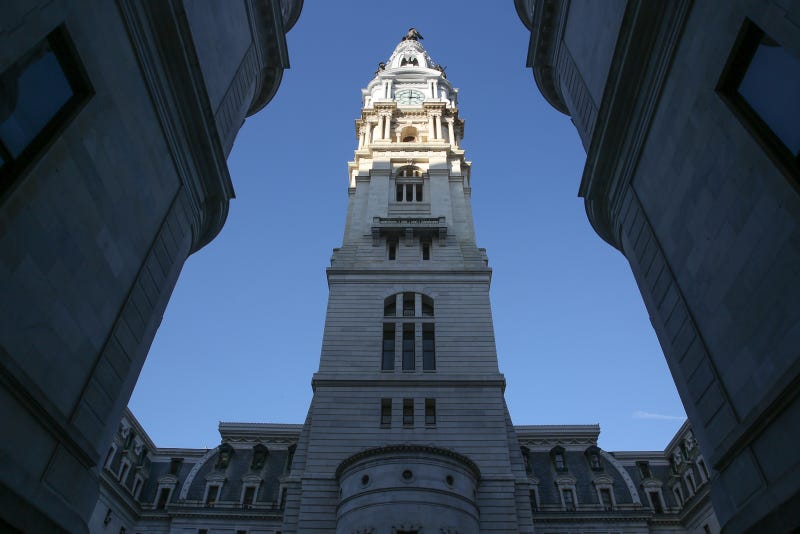
PHILADELPHIA (KYW Newsradio) — Philadelphia’s unpopular business tax could be eliminated, and its even less popular wage tax could be reduced, if city officials act on recommendations presented by the Tax Reform Commission.
After a year of meetings, the 15-member commission voted unanimously on Tuesday to recommend, among other things, phasing out the business tax completely in the next eight to 12 years and cutting the wage tax to under 3%.
The commission estimated the cuts it recommended would create 30,000 to 90,000 more jobs than could be expected without them. Co-chair Richard Vague argued the cuts were key to reducing poverty in the city.
“We don’t have enough good jobs because our tax system drives them away. We need to hold on to take people out of poverty by keeping these businesses and thus giving Philadelphians more access to good jobs,” he said.
But the commission’s own advisory committee took the unusual step of issuing a separate report, criticizing the cuts. It noted that the business tax falls mostly on the largest 25% of businesses. Thus, eliminating the tax — giving up the approximately $600 million it generates for city services — would transfer city resources from citizens to big corporations.
Commission co-chair Matt Stitt said that would be offset by gains from new businesses attracted by the cuts.
“We believe these tax recommendation options are practical, affordable and feasible and should not lead to any reductions in city services or programs,” he argued.
However, advisory committee member Lance Haver was skeptical, comparing the concept to “trickle-down” economics. “Cut taxes to the wealthy and businesses and everyone will get wealthy,” he jabbed.
Council President Kenyatta Johnson rejected that comparison. “In order to address the issue of poverty, we have to grow jobs and in order to grow jobs in the city of Philadelphia, we have to have a competitive environment,” he said.
This tug of war is not new. The Tax Reform Commission was originally created in 2003 and made similar recommendations then, but the city’s effort to gradually reduce the taxes has often been set back by having to balance the budget and maintain services. Johnson said this time, he and the mayor are on the same page.
“I believe it’s the leadership that’s going to make this outcome different than we saw 20 years ago," he said.
A statement from the Parker administration said the mayor will address taxes in her budget address on March 13.
